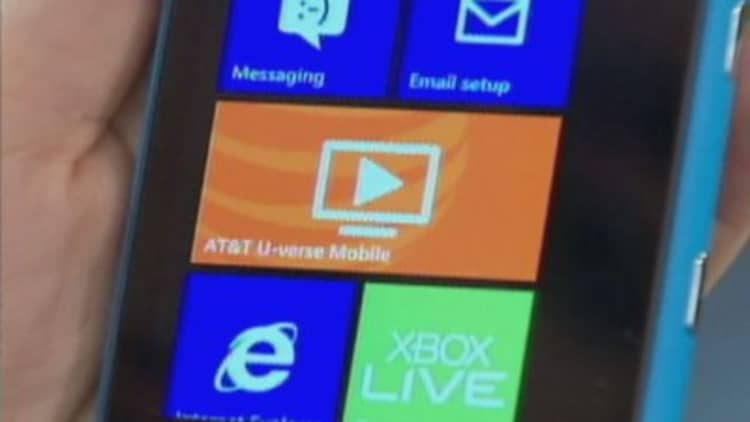
Microsoft could soon be coming out with its own version of a smartwatch, judging from a recently-surfaced patent filing, but it could face serious challenges as the number of wearable device makers continues to grow.
With Samsung's Galaxy Gear watch, Google's Android Wear, the Pebble Smartwatch and others, plus a rumored Apple iWatch in the works, Microsoft will be facing serious competition.
One of Microsoft's biggest challenges will be coming up with a design that's better than anything consumers have seen so far from Apple, and that's a tall order, according to Mike Prospero, reviews editor at Laptop Mag.
But the wearable device market is new enough that Microsoft has a chance to be a major competitor among gadget makers in this field, Prospero said.
"Unlike its smartphone initiative, where it had to compete with the well-established Android and iOS devices, the smartwatch market is still very open, so it has a real chance of making a bigger impact," Prospero said.
Read More Samsung's newest smartwatch offers a stylish look
In order to really compete however, Microsoft's smartwatch will have to be compatible with Android and Apple mobile devices, Prospero said.
Consumers have been slow to catch on to Microsoft's Windows Mobile operating system, which held about a 3 percent share of smartphone operating system market in the first quarter of 2014, according to research firm Neilsen.
Read More Investors look ahead to Microsoft's next moves
Prospero said a Microsoft smartwatch will likely run on some form of its Windows Mobile operating system.
"It's a fair bet that it will use some variant of its mobile OS, but unless it offers a distinct advantage over Android or iOS, I'm skeptical that consumers will flock to it," Prospero said.
—By CNBC's Althea Chang.


